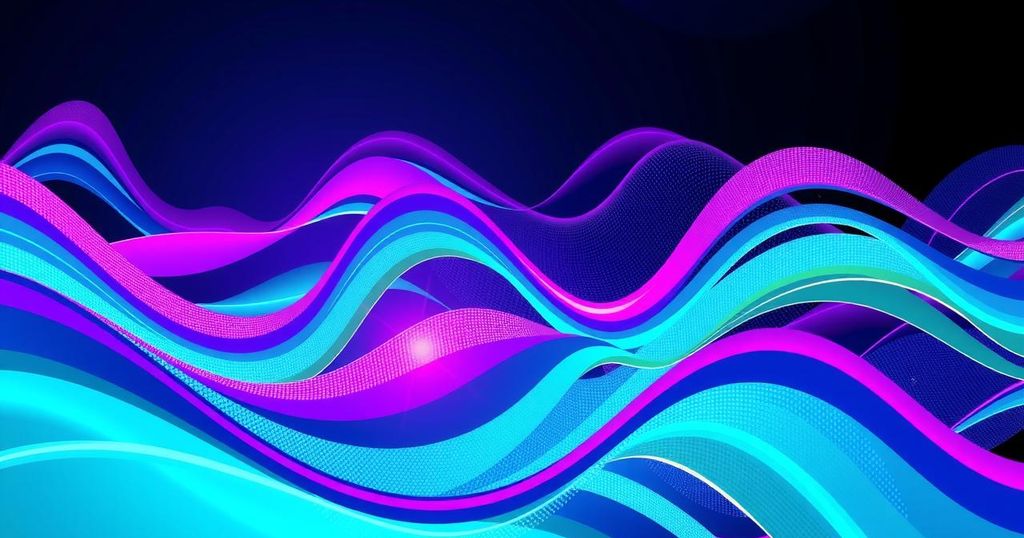Disney and Universal Sue Midjourney Over Alleged Copyright Infringement by AI
Disney and Universal are suing AI firm Midjourney, alleging its image generator produces unlicensed copies of iconic characters, such as Darth Vader and Elsa. The lawsuit raises broader questions about AI’s role in the creative process and the implications for intellectual property rights within the entertainment industry. With Midjourney potentially making $300 million last year, the stakes in this case are high as Hollywood grapples with the technology’s mixed implications for creativity and originality.
Disney and Universal have taken action, opting to sue Midjourney, an artificial intelligence firm renowned for its image-generating technology. The major Hollywood studios accuse Midjourney’s tool of being a “bottomless pit of plagiarism,” suggesting that it churns out countless replicas of beloved characters—think Darth Vader, Elsa, and the Minions. This lawsuit highlights the industry’s complex, often contentious relationship with AI; while many studios see potential for creative innovations, there’s also a creeping worry about the theft of their intellectual property.
In a lawsuit filed in Los Angeles, Disney and Universal provided various examples of what they allege are unauthorized Midjourney-generated images of classic characters like Yoda and Marvel heroes such as Spider-Man and the Hulk. Horacio Gutierrez, Disney’s chief legal officer, expressed cautious optimism about the responsible use of AI as a booming creative tool but firmly stated, “piracy is piracy,” reinforcing that AI-generated infringements are no different when it comes to legality.
The complaint adds weight with a hefty claim: Midjourney reportedly raked in $300 million last year and is eyeing a video service launch imminently. Legal expert Shubha Ghosh from Syracuse University weighed in, critiquing that many images from Midjourney appear to be mere duplicates of copyrighted characters, only recontextualized against different backgrounds. He emphasized that genuine creativity in copyright law should involve meaningful transformation and innovation.
Meanwhile, Randy McCarthy, an IP Law Group head at Hall Estill, emphasized the complexities of litigation. He stated, “No litigation is ever a slam dunk,” and cautioned that significant issues—like the terms of service and fair use provisions from Midjourney—must first play out in court before any potential resolutions can be imagined.
So far, Midjourney, which is based in San Francisco and described on its site as a “small self-funded team,” hasn’t publicly commented on the lawsuit. Founded by David Holz, known for his work with Leap Motion, the startup has notable advisors like former GitHub CEO Nat Friedman and Philip Rosedale of Second Life fame.
In Hollywood, the mixed reactions to AI technology are palpable. Just two years back, writers and actors orchestrated strikes to address the implications of tech advances on job security. Now, AI is increasingly woven into the creative processes of modern storytelling. Films like Emilia Perez and The Brutalist—both contenders at the Oscars—have utilized AI for voice alterations, and the technology has also been instrumental in de-aging iconic actors such as Tom Hanks and Harrison Ford. The industry is clearly at a crossroads, grappling with AI’s future role in filmmaking and storytelling.
Disney and Universal’s legal action against Midjourney underscores the growing concerns surrounding AI and intellectual property rights. As the entertainment industry continues to navigate this complex relationship, the outcome of this lawsuit could set important precedents for the future of creative content and the impacts of AI technology. Amidst the backdrop of mounting profits and technological advancements, questions remain about ethical use and the definitions of creativity in a digital age.
Original Source: www.bbc.com




